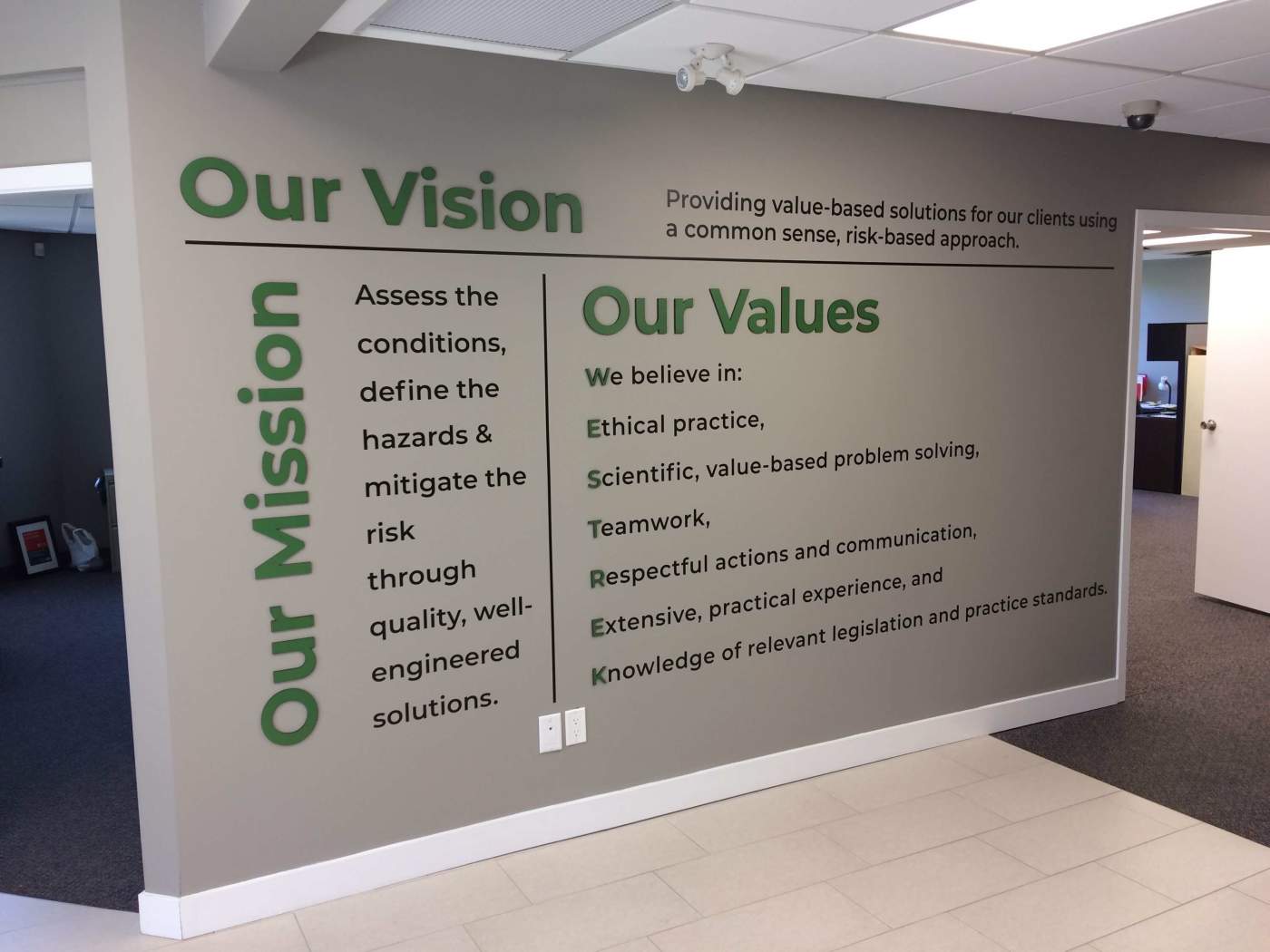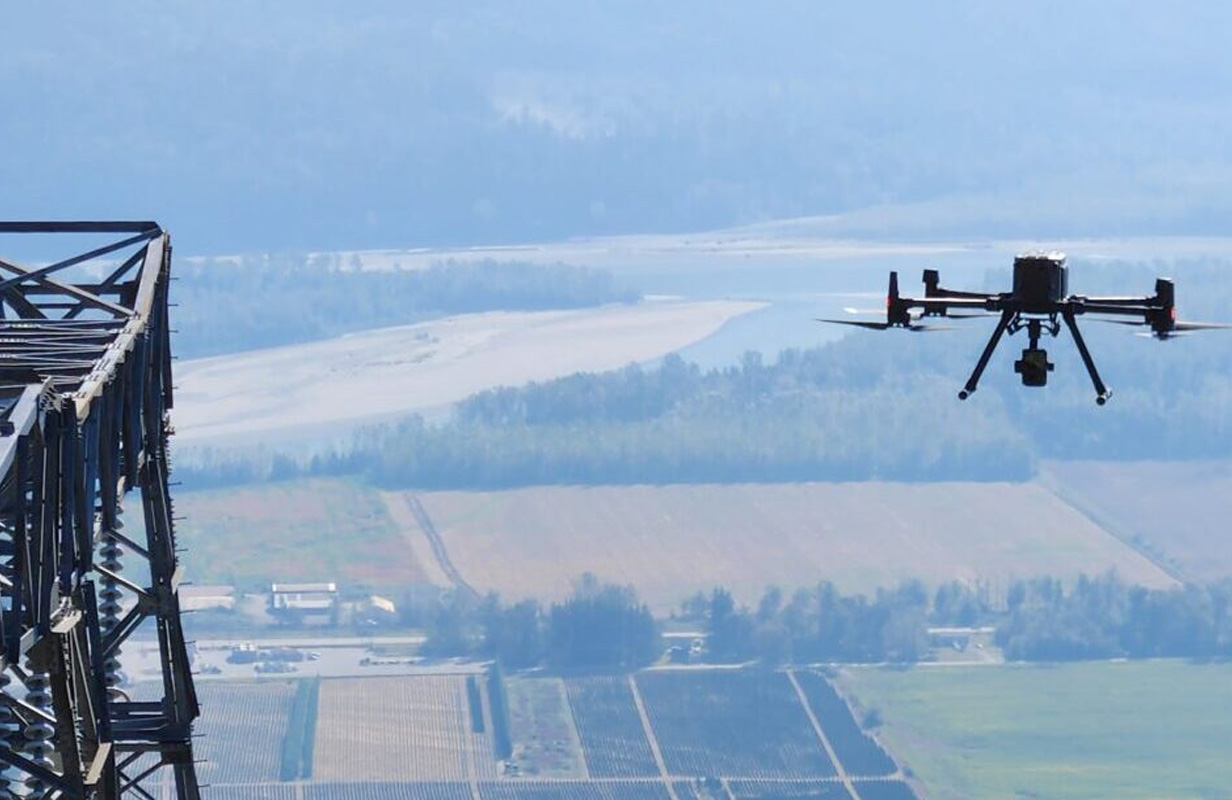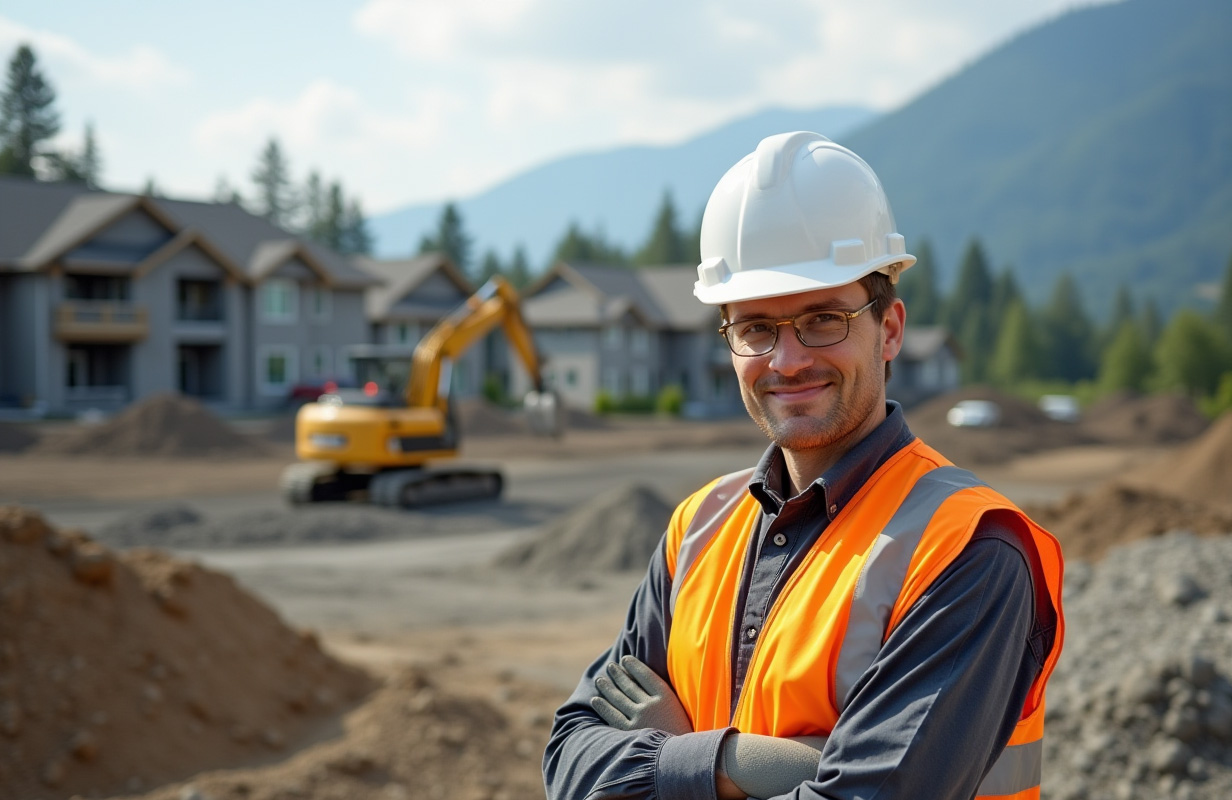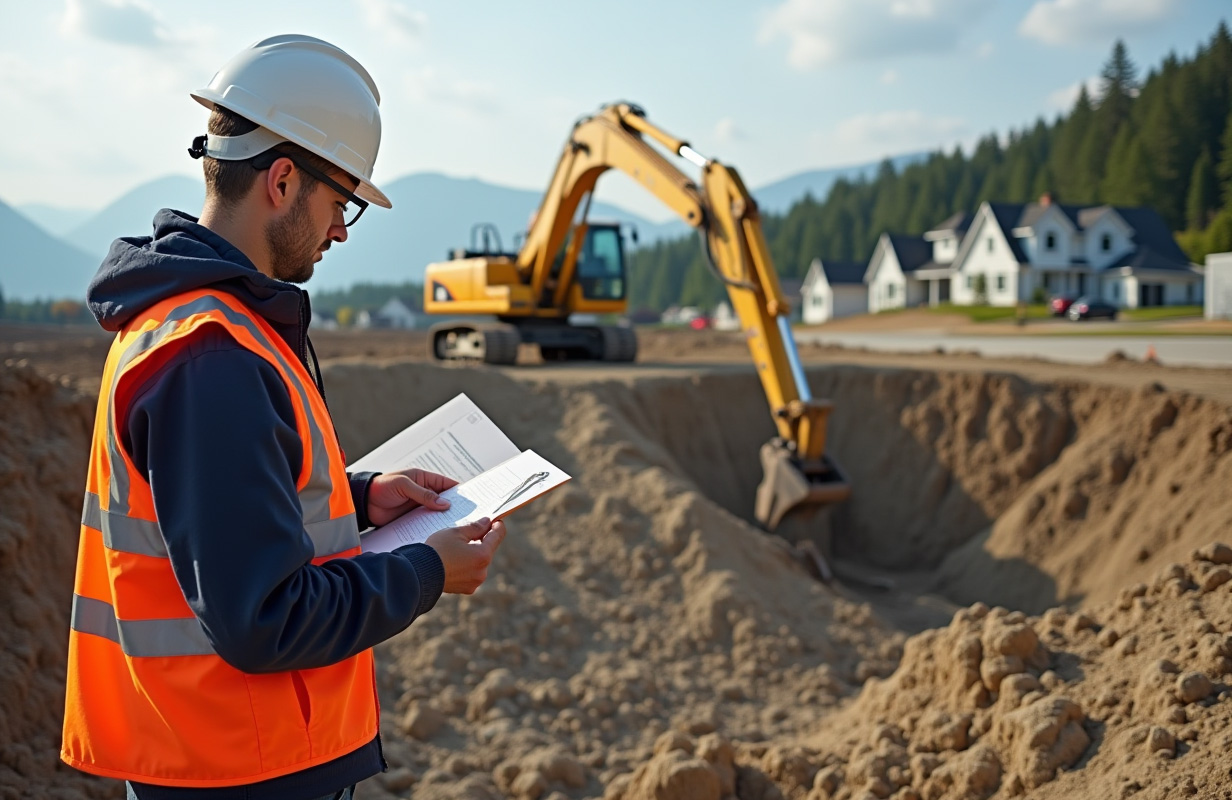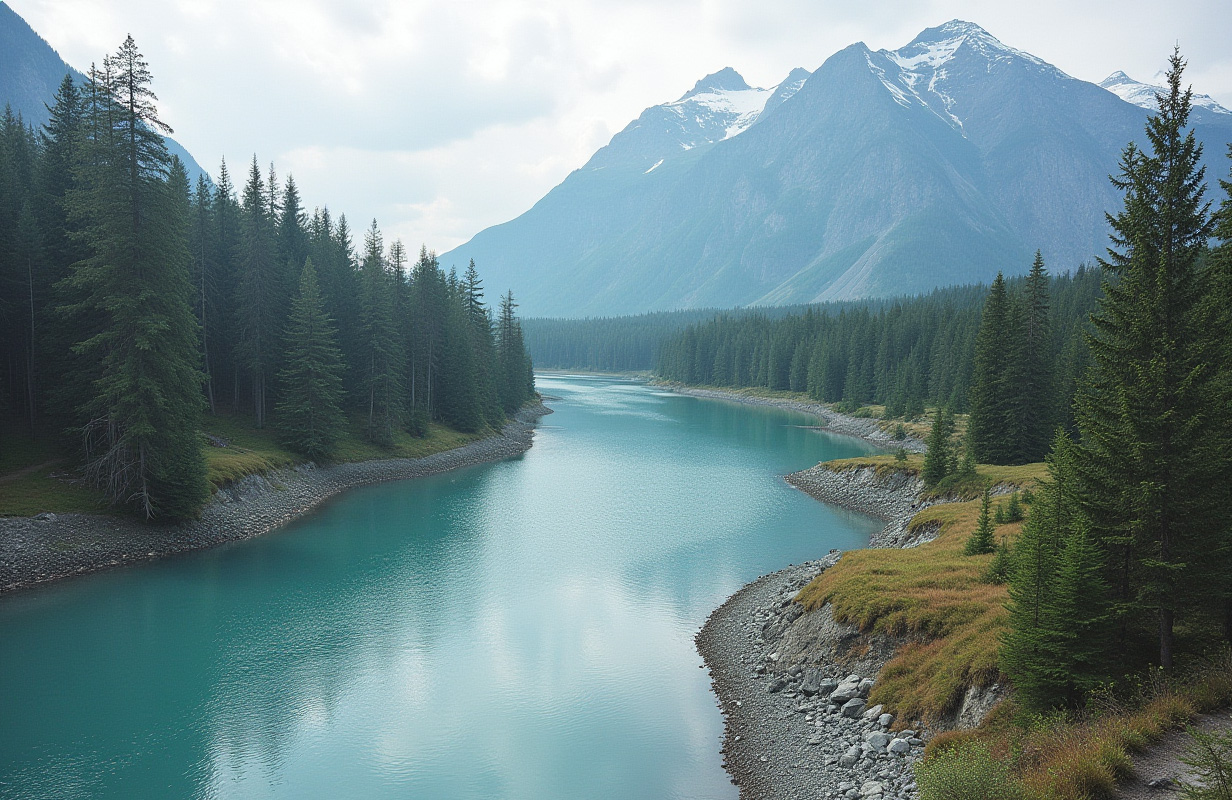What is a Geotech? We are often asked what exactly a Geotech is and what we do. Check out this video to learn more about geotechnical engineering and how the geotechnical services we provide can help keep you and your loved ones safe.
What is a Geotechnical Engineer?
A Geotech, or geotechnical engineer, is a specialized professional focused on understanding and managing the interactions between the earth’s materials and construction projects. In British Columbia (BC), where the landscape is diverse and often challenging, geotechnical engineers play an essential role in ensuring that infrastructure is both safe and sustainable, from coastal regions to mountainous areas.
What Do Geotechs Do?
Geotechnical engineers offer a wide range of services that are vital to the success and safety of construction projects. Westrek Geotechnical engineering services cover a depth of expertise in the following key areas:
- Geohazard Assessment: Identifying and mitigating risks such as landslides, erosion, and flooding. This service is particularly crucial in BC, where varying terrain and weather conditions pose significant challenges.
- Geotechnical Services: Conducting site investigations, soil testing, and designing robust and adapted foundations to local geological conditions. This includes slope stability analysis, earthworks design, and foundation engineering, ensuring your structures are safe and durable.
- Hydrology & Water Management Services: Analyzing and managing water-related issues, including surface and groundwater interactions, drainage design, and flood risk assessments. Proper water management is crucial in preventing issues like erosion and foundation instability.
- GIS (Geographic Information Systems): Utilizing advanced mapping and spatial analysis tools to provide detailed visualizations and data management. GIS helps understand the terrain, plan projects more effectively, and ensure compliance with environmental regulations.
- UAV Lidar & Photogrammetry: Leveraging UAV LiDAR technology to capture high-resolution aerial imagery and generate accurate 3D terrain models. This service enhances site assessments, monitoring, and documentation, offering a cost-effective way to gather data over large or inaccessible areas.
- Remote Data Monitoring Systems: Installing and managing systems that provide real-time data on geotechnical and environmental conditions. This continuous monitoring helps in the early detection of potential issues, ensuring timely interventions and reducing risks.
Why Do You Need One?
In BC, where the natural environment can pose significant challenges, hiring a geotechnical engineer is crucial for the success of your construction project. From assessing and managing geohazards to designing stable foundations and ensuring proper water management, our geotechnical services help prevent costly errors and ensure that your project is built to last.
What is a Geotechnical Report?
A geotechnical report is a comprehensive document that provides detailed findings from site investigations and outlines recommendations for construction. This report typically includes analyses of soil and rock properties, groundwater levels, geohazards, and the site’s suitability for your project. It serves as a vital tool for architects, engineers, and builders, guiding them in making informed decisions that ensure safety and regulatory compliance.
What is the Difference Between a Civil Engineer and a Geotechnical Engineer?
While both civil engineers and geotechnical engineers are integral to the construction process, their roles are distinct. Civil engineers are responsible for overall infrastructure design, construction, and maintenance, focusing on structural integrity and functionality.
On the other hand, geotechnical engineers specialize in understanding the ground beneath these structures. They assess earth materials and conditions to determine how they will interact with the proposed infrastructure, ensuring that foundations are stable and the site is free from risks like landslides or flooding. In essence, civil engineers design the structure, while geotechnical engineers ensure that the ground will support it safely.
